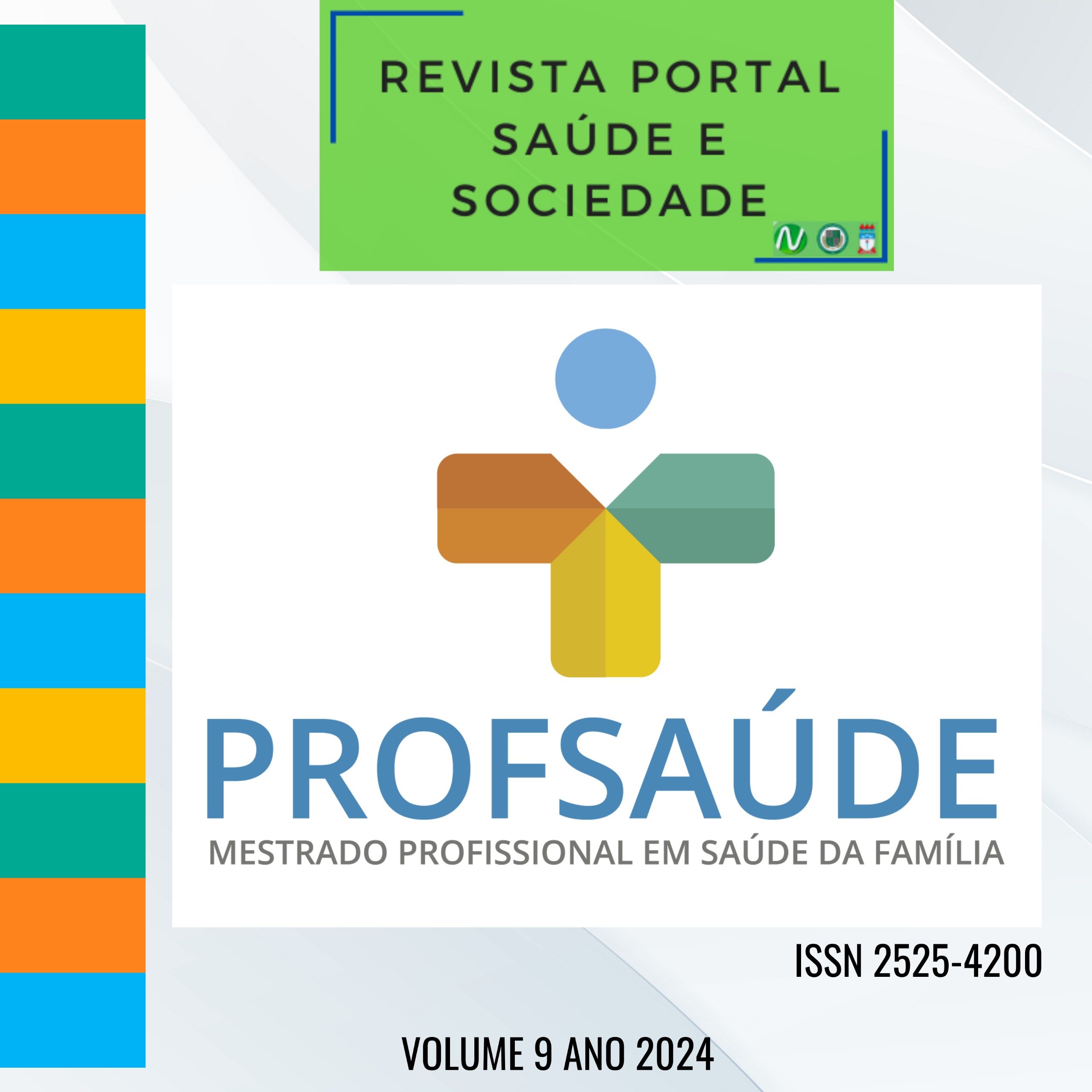Exploring social challenges in Primary Health Care: an experience report with Participatory Rapid Estimation
DOI:
https://doi.org/10.28998/rpss.e02409006espAbstract
Introduction: In the current context, Primary Health Care needs to respond to the ever-changing needs of people and communities. Participatory Rapid Estimation has been shown to be a strategy that can be used to identify social problems and needs. Methods: This report describes the use of the Participatory Rapid Estimation technique by a team from the Family Health Strategy in a community in northern Piauí from November to December 2022. Results: The technique uncovered social problems and needs in the team's catchment area, such as: lack of water supply, lack of sanitation facilities, difficulties in accessing medical appointments with queues in the early morning hours, and lack of information about autism. The use of questionnaires highlighted problems previously unnoticed by the team. The “tree of problems and solutions” approach facilitated the analysis and the development of strategies to mitigate the problems. Conclusions: The importance of the tool for identifying social problems in Primary Health Care is evident. It is crucial that professionals in this field engage in a continuous process of improvement and updating, always seeking innovation to improve the quality of the services provided. This text is the result of the stricto sensu postgraduate program Professional Master's Degree in Family Health (PROFSAÚDE).
Keywords: Primary Health Care; Family Health Strategy; Territorialization in Primary Health Care
Downloads
Downloads
Published
How to Cite
Issue
Section
License

This work is licensed under a Creative Commons Attribution-ShareAlike 4.0 International License.
Esta revista adota a licença CREATIVE COMMONS CC-BY 4.0.
Autores mantém os direitos autorais dos textos publicados e concedem à revista o direito de realizar a primeira publicação do masnucrito. O trabalho é licenciado sob a Creative Commons Attribution License. Isto significa que o compartilhamento do trabalho é permitido, com o devido reconhecimento da autoria do trabalho e publicação inicial nesta revista.
As contribuições dos autors devem seguir as recomendações internacionais - International Committe of Medical Journal Editors: http://www.icmje.org/recommendations/browse/roles-and-responsibilities/defining-the-role-of-authors-and-contributors.html
O autor deve declarar que o artigo é original e que não foi publicado ou submetido em outro periódico, não infringindo qualquer direito autoral ou outro direito de propriedade.
Uma vez submetido ao artigo, a RPSS reserva-se o direito de fazer alterações normativas, ajuste ortográficos e gramaticais, a fim de manter o padrão linguístico, mas respeitando o estilo do autor.
Os artigos publicados tornam-se propriedade do RPSS. Mesmo assim, todas as opiniões expressas são de responsabilidade dos autores.
Esta é uma revista de acesso aberto, é permitido o uso gratuito de artigos em aplicações educacionais e científicas, desde que a fonte seja citada sob a licença Creative Commons CC-BY.





 Siga-nos no instagram
Siga-nos no instagram Ouça nossos podcasts
Ouça nossos podcasts









